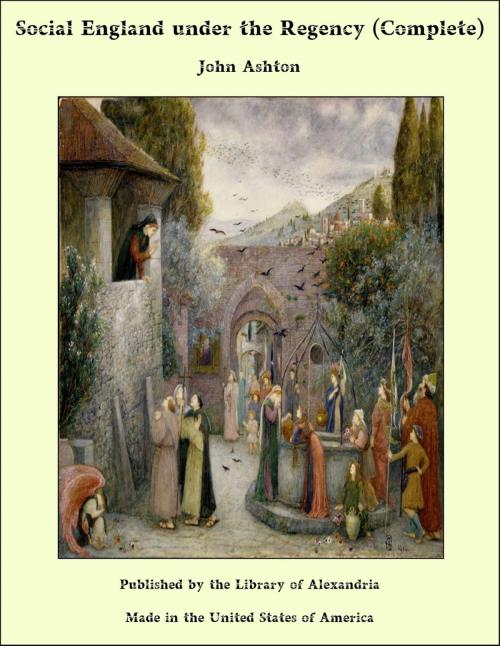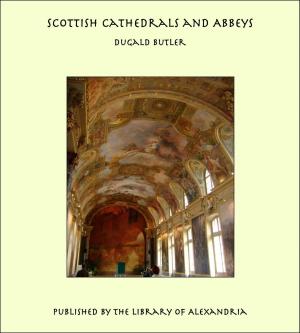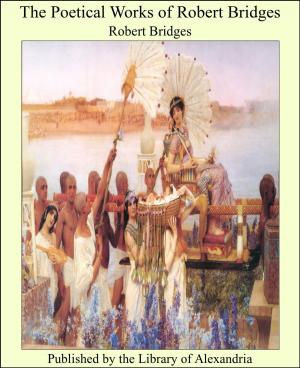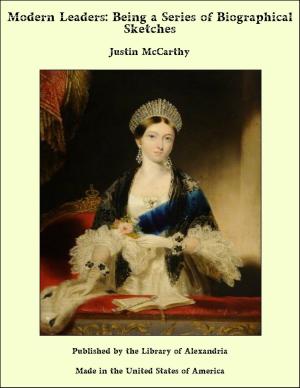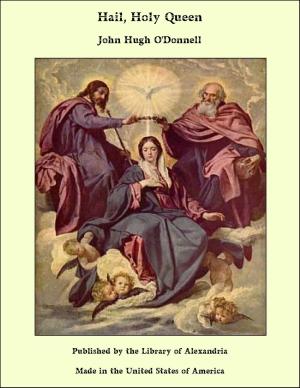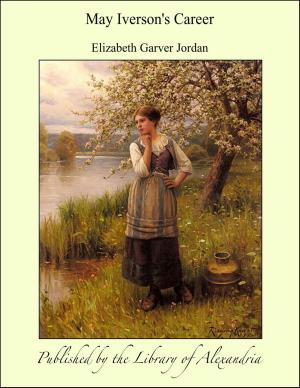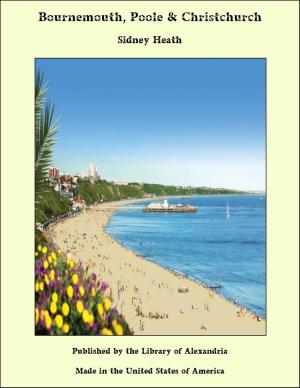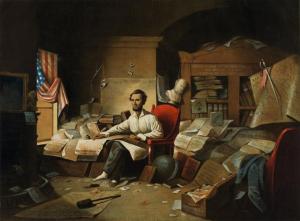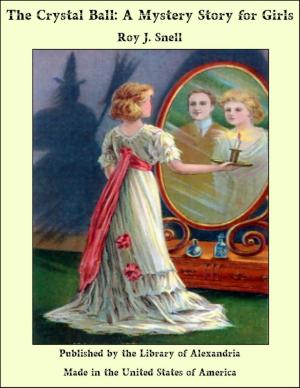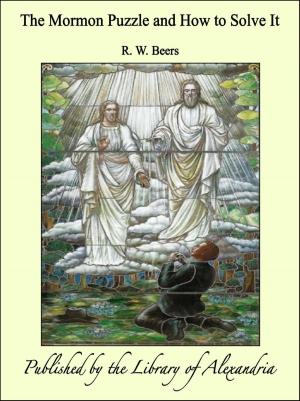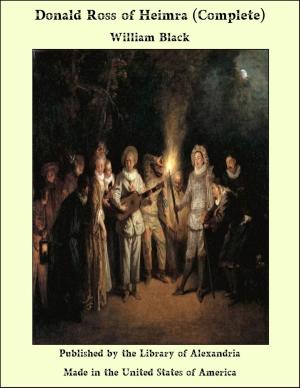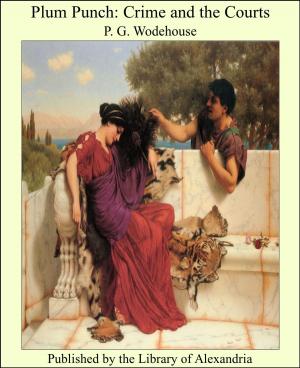Social England under the Regency (Complete)
Nonfiction, Religion & Spirituality, New Age, History, Fiction & Literature| Author: | John Ashton | ISBN: | 9781465603845 |
| Publisher: | Library of Alexandria | Publication: | March 8, 2015 |
| Imprint: | Language: | English |
| Author: | John Ashton |
| ISBN: | 9781465603845 |
| Publisher: | Library of Alexandria |
| Publication: | March 8, 2015 |
| Imprint: | |
| Language: | English |
The Prince of Wales replied at once, expressing his sorrow at the occasion of his proposed elevation, but accepting the trust. Of course, this suggestion of the Government could not be acted upon without mature deliberation, and it was not until the 30th of January, 1789, that the following resolutions of the Lords and Commons were presented to the Prince of Wales—"That his Royal Highness be empowered to exercise the royal authority under the title of Regent." "That the power given, should not extend to the granting of any peerage, except to the Royal issue." "Nor to the grant of any office in reversion, or any office, salary, or pension, than during his Majesty's pleasure; or to the granting his Majesty's real or personal estates." "That the Care of his Majesty be committed to the Queen, who should nominate all persons to the offices in the household." Needless to say, the Prince made no objections, and by the 12th of February, the Regency Bill had gone through all its stages in the House of Commons, and was ordered to be sent to the Lords. But the proverbial "slip 'twixt cup and lip" occurred. On the 19th of February the Lord Chancellor informed the House of Lords that, according to the report of his physicians, the King's health was steadily mending, and they therefore abstained from further consideration of the Regency Bill. The physicians' hopes were fully justified; the King got better rapidly, and, on the 27th of February, his perfect recovery was announced, the prayer for the same was discontinued, and a form of prayer of thanksgiving for his restoration to health, was ordered to be read in all Churches and Chapels throughout England and Wales. Rejoicings and illuminations were the order of the day, and, on the 23rd of April, the day of general thanksgiving, the King, Queen, and Royal family went in state to St. Paul's Cathedral, to return thanks to God for his mercy in giving the King his reason and health once more.
The Prince of Wales replied at once, expressing his sorrow at the occasion of his proposed elevation, but accepting the trust. Of course, this suggestion of the Government could not be acted upon without mature deliberation, and it was not until the 30th of January, 1789, that the following resolutions of the Lords and Commons were presented to the Prince of Wales—"That his Royal Highness be empowered to exercise the royal authority under the title of Regent." "That the power given, should not extend to the granting of any peerage, except to the Royal issue." "Nor to the grant of any office in reversion, or any office, salary, or pension, than during his Majesty's pleasure; or to the granting his Majesty's real or personal estates." "That the Care of his Majesty be committed to the Queen, who should nominate all persons to the offices in the household." Needless to say, the Prince made no objections, and by the 12th of February, the Regency Bill had gone through all its stages in the House of Commons, and was ordered to be sent to the Lords. But the proverbial "slip 'twixt cup and lip" occurred. On the 19th of February the Lord Chancellor informed the House of Lords that, according to the report of his physicians, the King's health was steadily mending, and they therefore abstained from further consideration of the Regency Bill. The physicians' hopes were fully justified; the King got better rapidly, and, on the 27th of February, his perfect recovery was announced, the prayer for the same was discontinued, and a form of prayer of thanksgiving for his restoration to health, was ordered to be read in all Churches and Chapels throughout England and Wales. Rejoicings and illuminations were the order of the day, and, on the 23rd of April, the day of general thanksgiving, the King, Queen, and Royal family went in state to St. Paul's Cathedral, to return thanks to God for his mercy in giving the King his reason and health once more.
